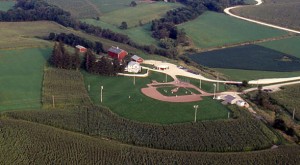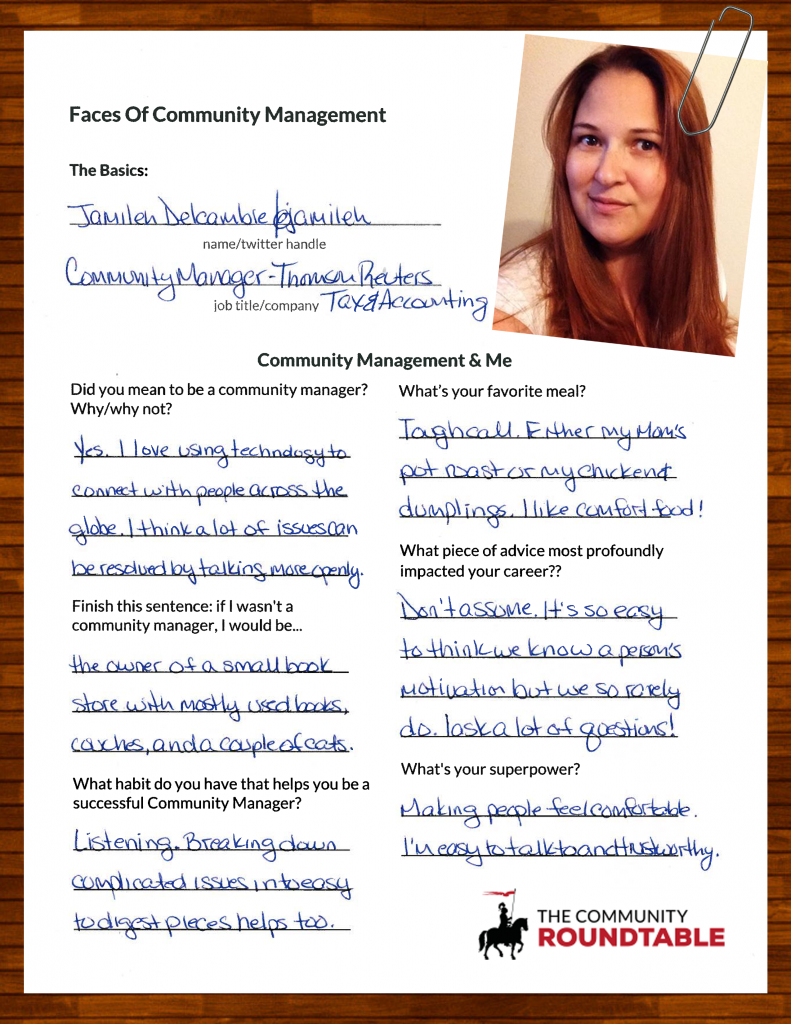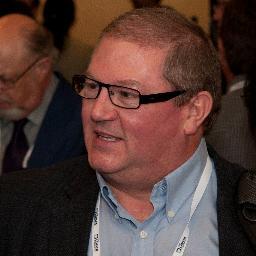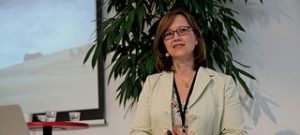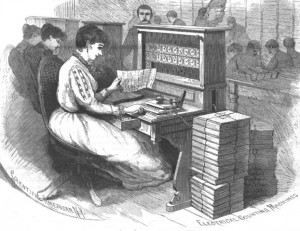By Shannon Abram, Relationship Manager at The Community Roundtable.
We can hardly believe that 2014 is coming to a close. It’s been a big year here at TheCR – we released our fifth annual State of Community Management report, we launched a brand new research initiative in the Community Manager Salary Survey, and we introduced new services like the Community Performance Benchmark to help mature communities measure their value and plan for the future.
We also started sharing community content in new (and hopefully fun and engaging) ways.We launched the Community Manager Spotlight series, brought you weekly news and job roundups and shared nine fun facts from the State of Community Management via the SOCM Fact poster series. This last piece grew out of a member telling us she often prints out our research and blog posts and brings them to meetings with her to communicate the value of community with her executive team. We wanted to make it just a little bit easier for everyone to digest the big ideas in the SOCM 2014, and make it even easier to share community management data points with your colleagues.
We hope you found this poster series fun and informative. Below are all nine posters in case you’re doing a little end of the year cubicle redecorating, or wanted a nice framed gift for your community-loving boss!
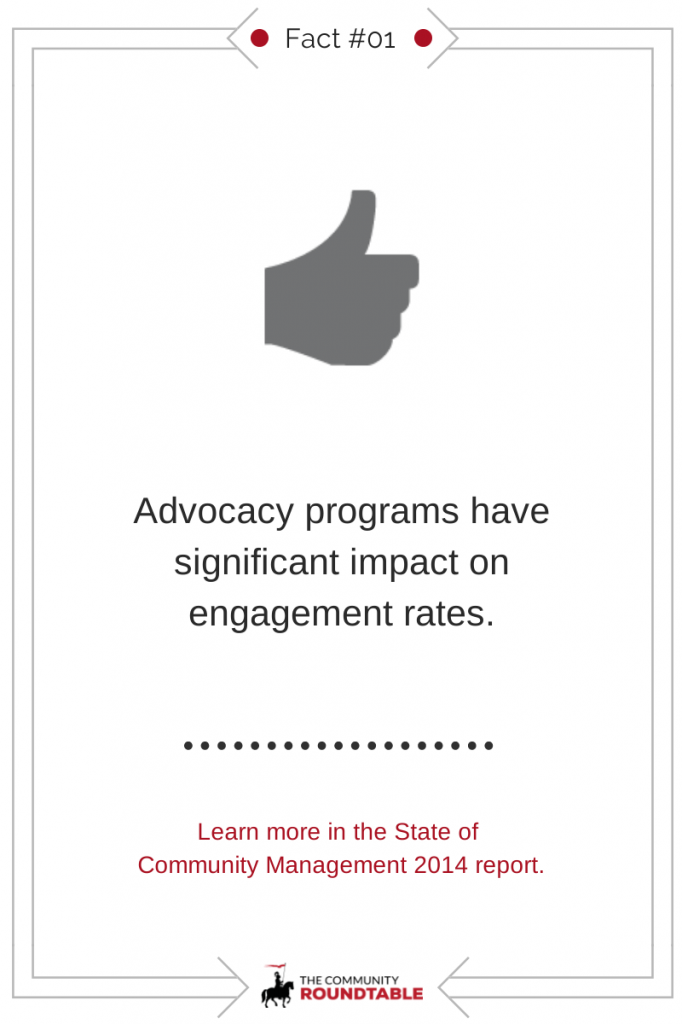 |
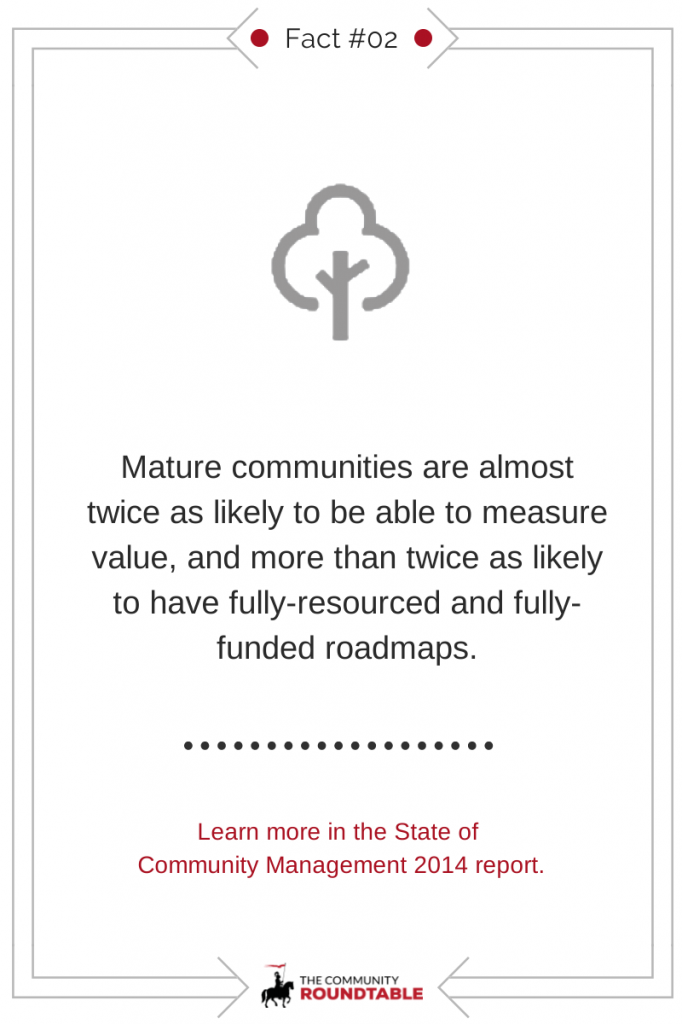 |
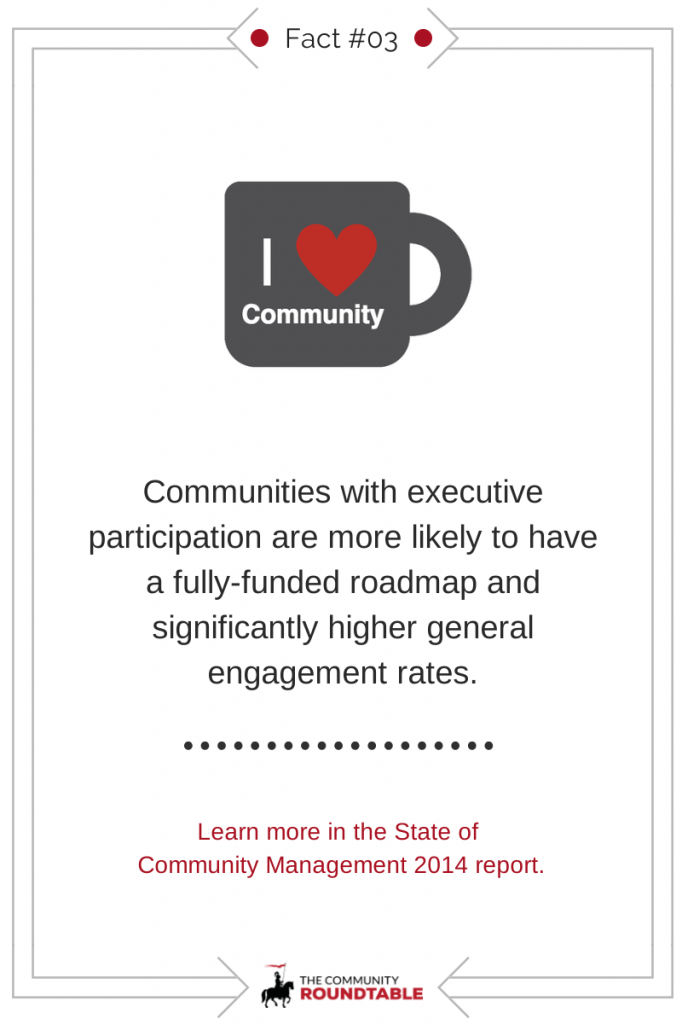 |
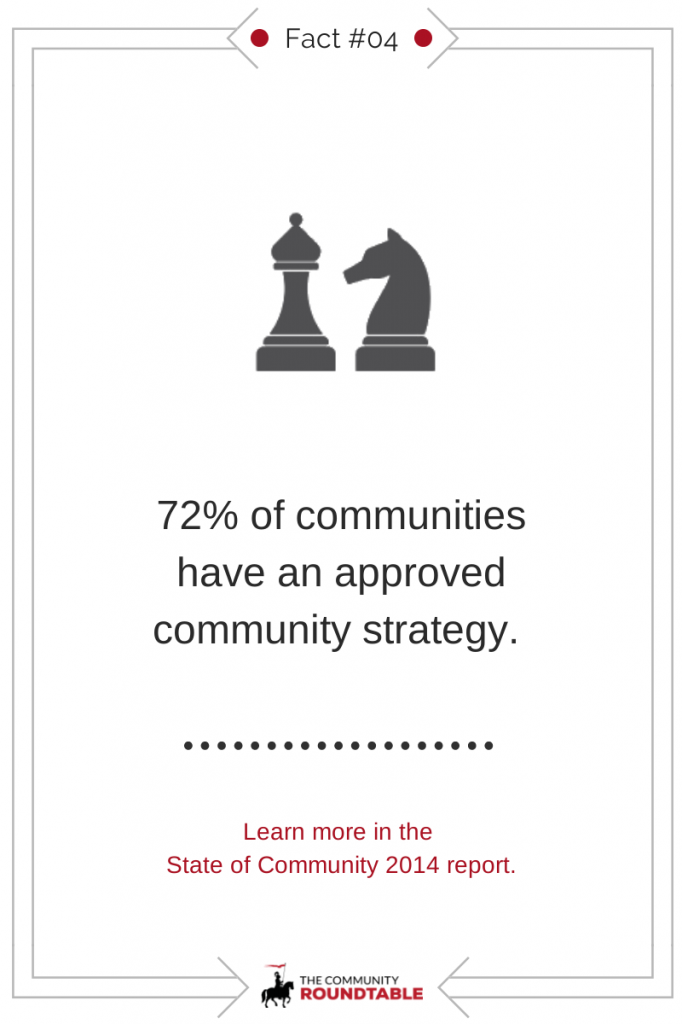 |
 |
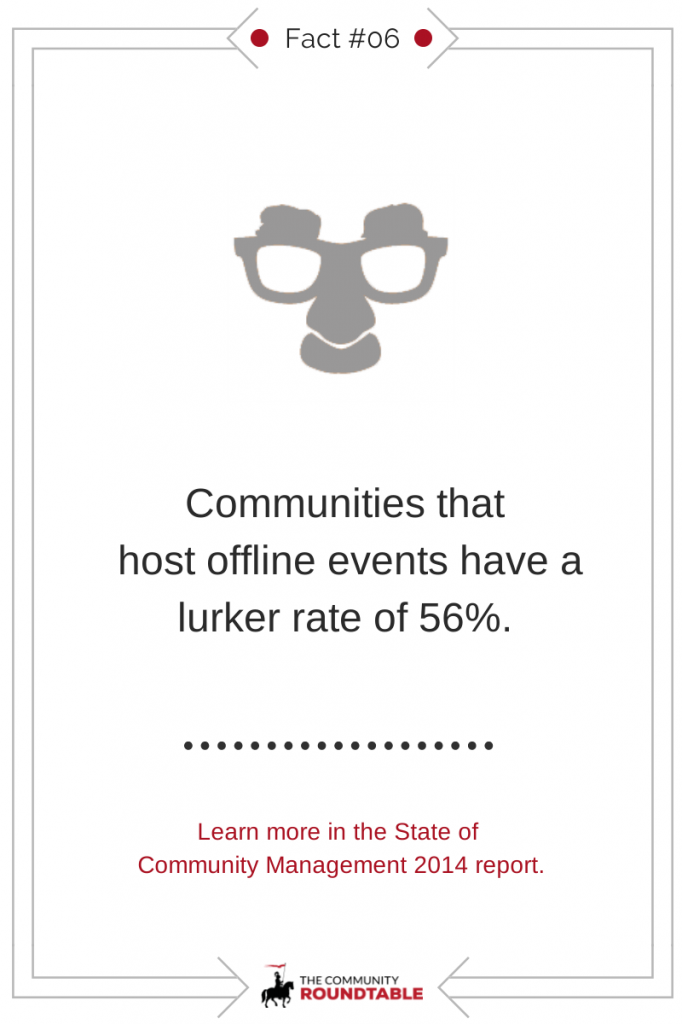 |
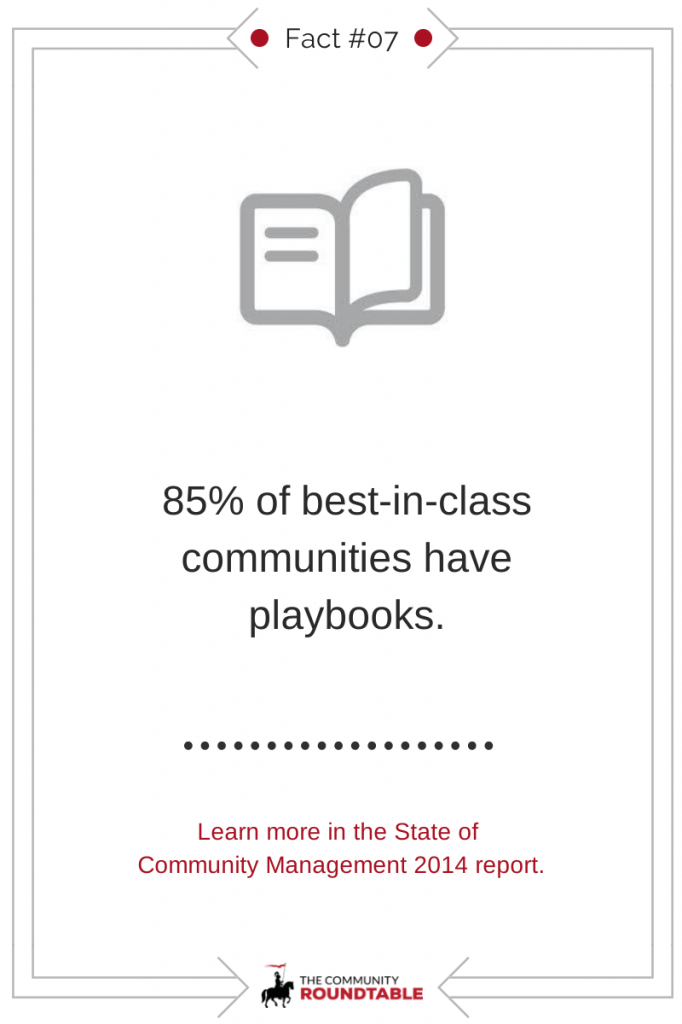 |
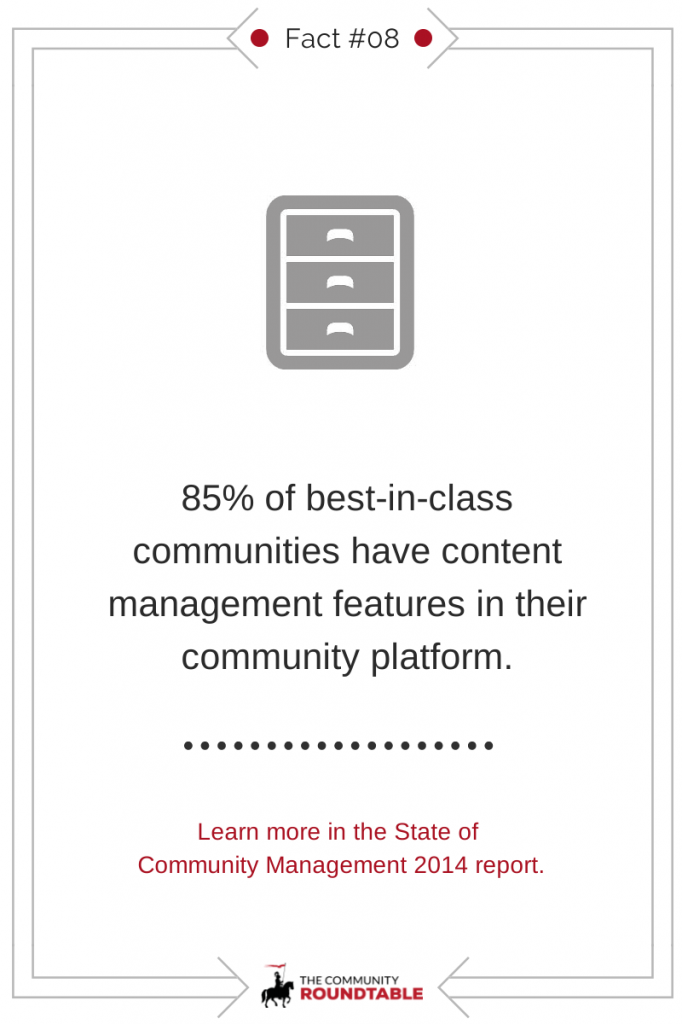 |
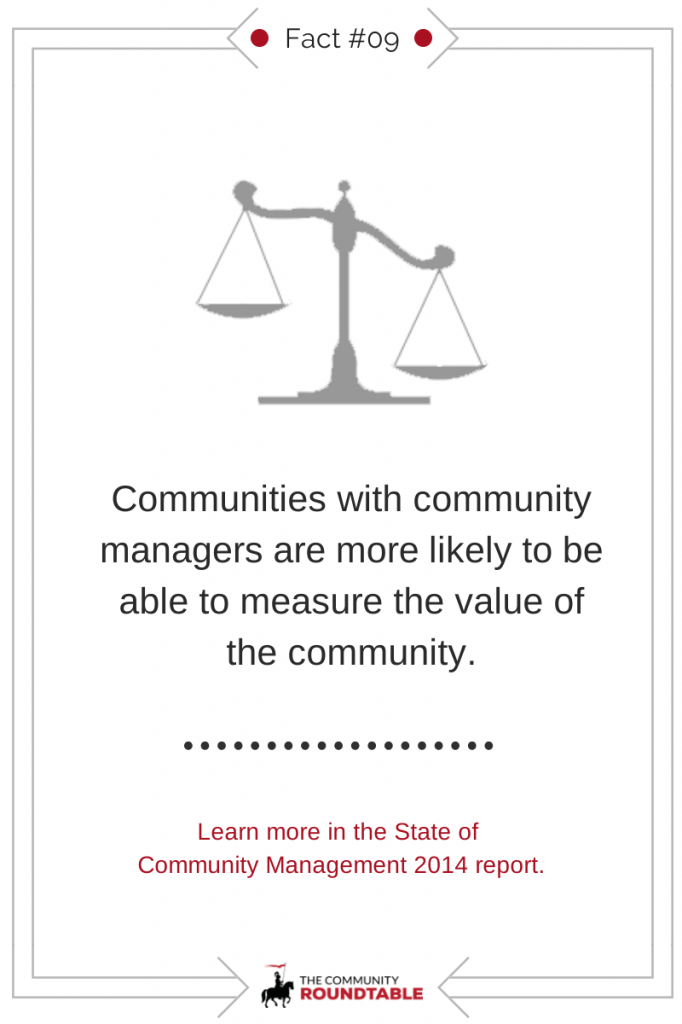 |
Want even more community facts? Check out the full SOCM 2014 here:
—–
Looking to take your career in community management to the next level? 92% of members agree that TheCR Network supports and advances their personal and professional goals. Learn how our research, access to peers and experts, targeted content and exclusive concierge service can help you achieve your goals.
